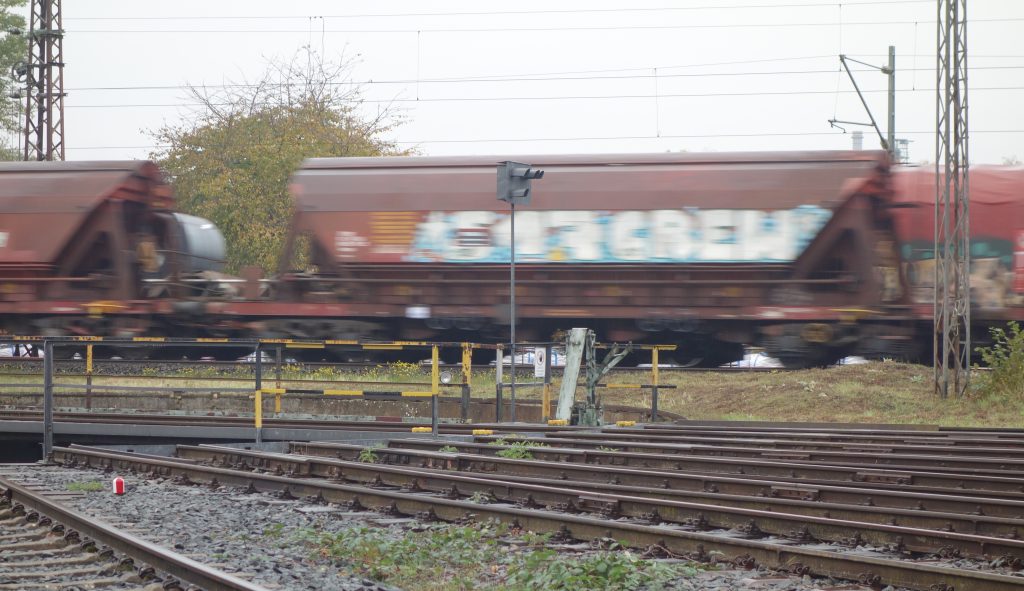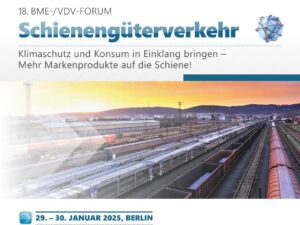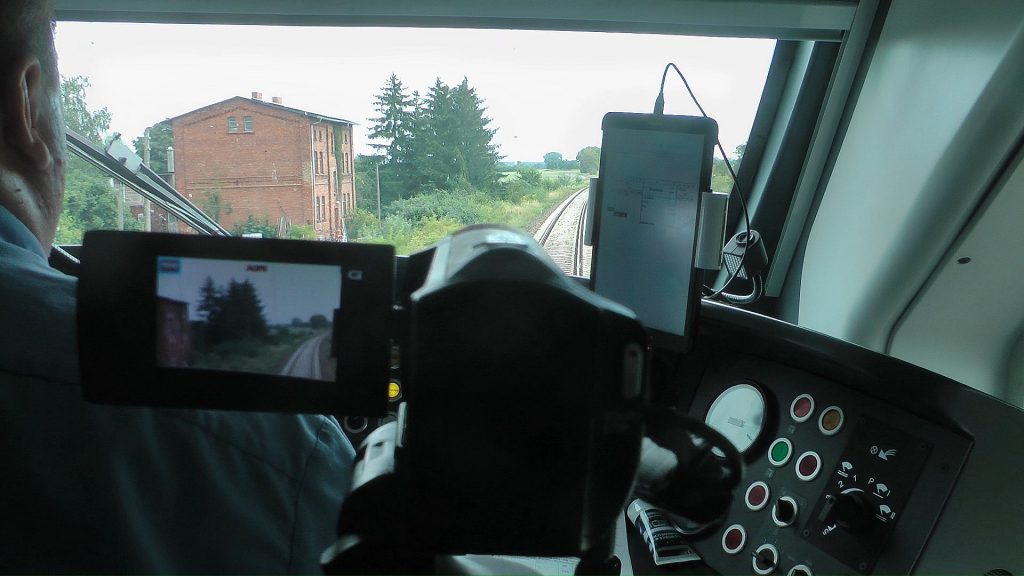In the federal government’s largest investment budget to date, the transport sector, the government must now set the right course in order to reduce not only CO2 emissions but also the enormous energy consumption of road transport. In a letter to politicians, the freight railways plead for overdue directional decisions in the transport budget, which became even more important due to the Russian leadership’s war against Ukraine. The freight railways emphasize the “top priority of ending the fighting and the suffering of the people in Ukraine as quickly as possible” and support the sanctions policy of the federal government.
They advocate not only looking for new energy raw material suppliers, but also ensuring the climate-friendly and at the same time low-consumption rail and its supply with green electricity by making the right investment decisions. NEE chairman Ludolf Kerkeling: “The financial resources must be raised by reducing subsidies and reallocating them. Even if it is difficult, Germany must now reduce its dependence on diesel and thus on crude oil from Russia, especially in road transport, by dismantling the existing diesel tax privilege and charging external costs fairly.” Companies and consumers were not spared price increases as a result. The task now is to help people and companies in economic difficulties and at the same time not to jeopardize the necessary change.
“It would be wrong to lower taxes on truck diesel now. The federal government would have to plug the holes, primarily with the help of wage or sales tax, without anything changing in terms of transport. Freight railways continued to fall behind because they are currently having to cope with significantly higher electricity price increases than trucks, without the federal government helping so far.” End consumers usually overestimated the share of transport costs, which for consumer goods is usually only two to five percent of the total costs. However, the network emphasises that the price ratio between trucks and rail freight is decisive for the choice of mode of transport by the shipping industry.
More rail traffic instead of subsidy for truck diesel
The statement goes on to say: With the 2022 budget, the traffic light coalition must set the course in order to shift significantly more traffic to rail, as agreed. In order to provide rapid relief on congested rail routes, higher investments in small and medium-sized measures in the rail network and the planned increase in funds for the projects planned for many years in the “Rail Requirements Plan” are necessary. “If we don’t end the years of underfunding of new construction and expansion of the federal rail network, there will be no growth on the rails. This budget is a litmus test for the federal government as to whether it will implement the announcements in the coalition agreement that it will invest significantly more in rail than in road, or whether it will continue to rely on diesel trucks.”
Assuming that counterproductive subsidies are put to the test, the budgetary situation in freight transport is less tricky than it seems: climate-damaging subsidies result in blatant distortions of competition that run counter to the goal of climate protection. While the railways have to pay tolls on 100% of their routes, trucks – and only those weighing 7.5 tons or more – only have to pay tolls on 6%. The overdue adjustment frees up money. In addition, the abolition of the diesel tax privilege for trucks alone could result in a reduction in subsidies of 4.9 billion euros per year.
In conclusion, Kerkeling explained: “The freight railways hope that the right future decisions will be made despite the current exceptional situation. Transport Minister Wissing is right when he says that a cut in transport spending would mean cuts in the future. Even in difficult times, the goal of climate-friendly and energy-efficient freight transport must be pursued.”
hfs/ne









